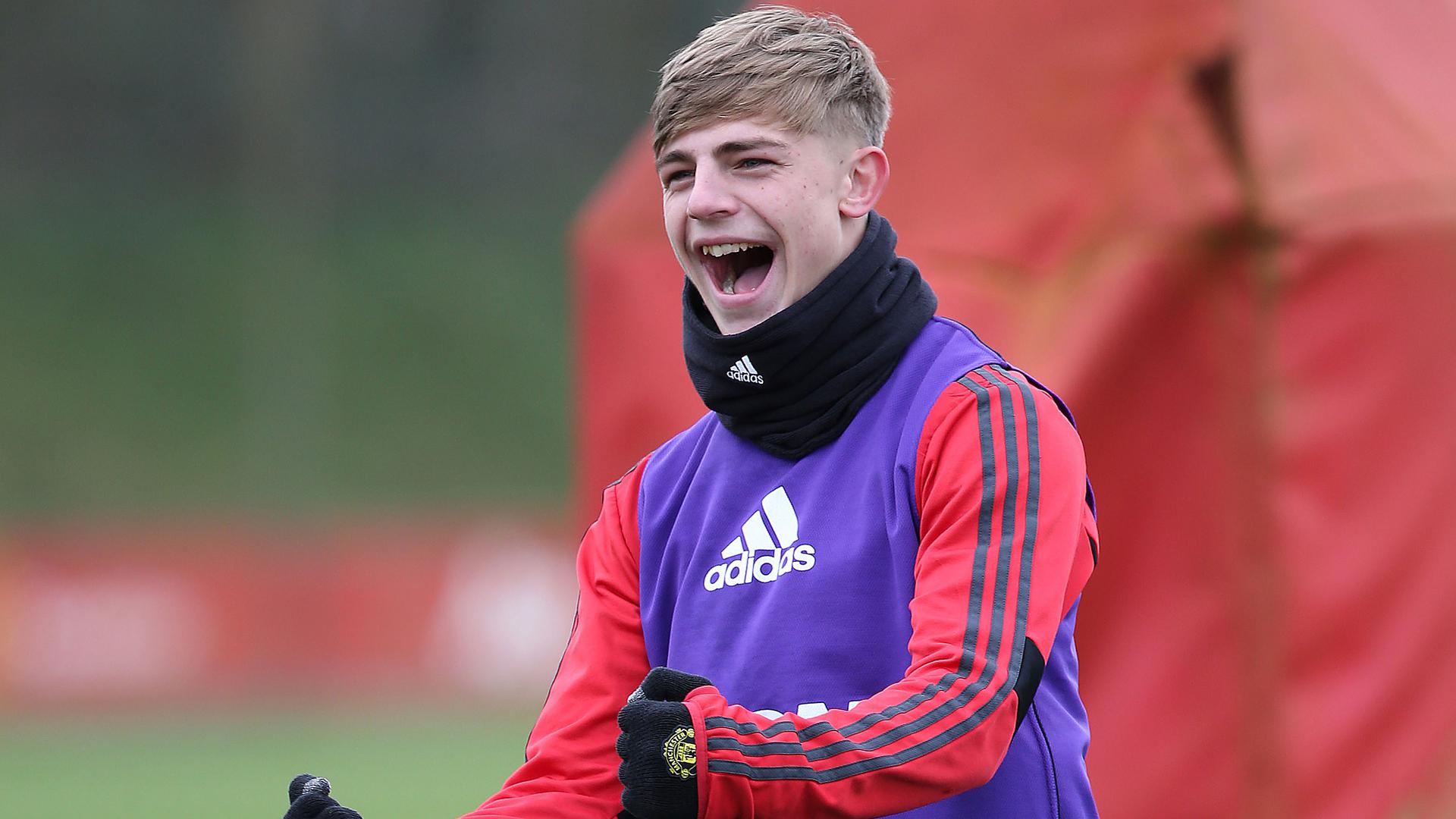Manchester United 17, or rather, the 1998-99 Manchester United squad, remains a legendary team in football history. This season saw the Red Devils achieve an unprecedented treble – winning the Premier League, FA Cup, and UEFA Champions League. This article delves into the key factors behind their remarkable success, exploring the team’s tactical prowess, the individual brilliance of its players, and the inspirational leadership of Sir Alex Ferguson.
From the tactical masterclasses of Ferguson to the individual brilliance of players like Ryan Giggs, David Beckham, and Dwight Yorke, the 1998-99 season was a tapestry woven with exceptional talent and unwavering determination. We’ll examine pivotal matches, analyze key strategic decisions, and assess the lasting legacy of this unforgettable team.
Obtain recommendations related to 50 best premier league players ever that can assist you today.
Manchester United’s Treble-Winning Season: 1998-99: Manchester United 17
The 1998-99 season stands as a pinnacle in Manchester United’s history, a year etched in the annals of football for their unprecedented treble – winning the Premier League, FA Cup, and UEFA Champions League. This achievement was the culmination of years of meticulous planning, tactical brilliance, and the unwavering spirit of a truly exceptional squad.
Manchester United’s 1998-99 Season
The 1998-99 season saw Manchester United dominate English football and conquer Europe. Key players like Peter Schmeichel (goalkeeper), Jaap Stam (defender), Roy Keane (midfielder), Paul Scholes (midfielder), David Beckham (midfielder), Ryan Giggs (midfielder), and Dwight Yorke and Andy Cole (forwards) formed the core of a highly effective team. Their tactical approach, under Sir Alex Ferguson, was flexible, adapting to opponents but generally relying on a strong midfield to control possession and launch quick counter-attacks.
Victories against key rivals like Arsenal and Liverpool were crucial in securing the league title, while the Champions League campaign saw them overcome some of Europe’s best.
Team Performance Comparison
| Team | Wins | Losses | Points |
|---|---|---|---|
| Manchester United | 22 | 3 | 79 |
| Arsenal | 18 | 8 | 68 |
| Chelsea | 16 | 11 | 60 |
| Liverpool | 16 | 11 | 59 |
The Treble Winning Squad
The squad’s strength lay in its balance. A solid defense, a midfield brimming with creativity and tenacity, and a potent strike force were key. Weaknesses were minimal, largely exposed only in isolated matches. Individual player statistics showcased their contributions; Yorke and Cole’s prolific partnership up front, Beckham’s pinpoint crosses, and Keane’s midfield dominance were particularly impactful. The team spirit was exceptional, built on years of playing together and fostered by Ferguson’s leadership.
Team Formation, Manchester united 17
A typical formation was 4-4-2, with Schmeichel in goal; Stam and others forming a strong back four; Keane and Scholes dominating the midfield; Beckham and Giggs providing width and crosses; and Yorke and Cole leading the attack. This flexible system allowed for adaptation depending on the opponent.
Managerial Influence: Sir Alex Ferguson
Sir Alex Ferguson’s tactical acumen and motivational skills were paramount. His ability to inspire and manage a squad of stars was legendary. Key tactical decisions included exploiting the strengths of Yorke and Cole’s partnership and utilizing Beckham’s crossing ability. His motivational strategies fostered a team environment built on trust and mutual respect. Crucial moments included his tactical adjustments during key matches and his ability to keep the team focused throughout the season.
- Shifting to a more attacking formation in crucial matches.
- Improving the team’s set-piece strategy.
- Encouraging a more aggressive pressing style.
Key Matches and Moments
The Champions League semi-final against Juventus and the final against Bayern Munich were defining moments. The FA Cup final victory was equally significant, demonstrating the team’s ability to perform under pressure. Their league performance was consistently high, though their cup performances were arguably even more impressive, highlighting their ability to rise to the occasion in high-stakes matches.
- Overcoming Juventus in the Champions League semi-final.
- Last-minute Champions League final victory against Bayern Munich.
- Dominating FA Cup final performance.
- Consistent Premier League victories against top rivals.
Legacy and Impact
The 1998-99 treble remains a benchmark for Manchester United and English football. It established the club as a global force and significantly influenced future success. The team’s achievements are often compared favorably to other great Manchester United sides, and the treble itself holds a unique place in the history of English football. The legacy of that season continues to inspire future generations of players and fans alike.
The 1998-99 Manchester United treble stands as a testament to the power of teamwork, strategic brilliance, and unwavering determination. Sir Alex Ferguson’s tactical acumen, coupled with the exceptional talent within the squad, created a winning machine that continues to inspire awe and admiration. The legacy of this team extends far beyond the trophies; it represents a golden era in Manchester United’s history and a benchmark for success in English football.


